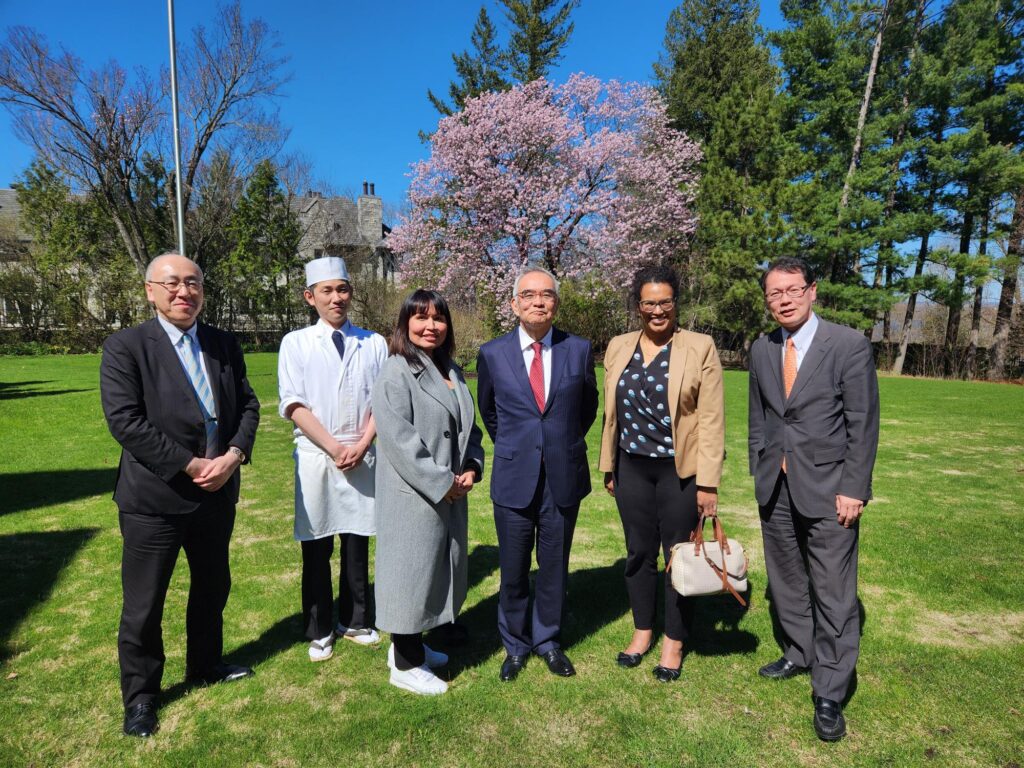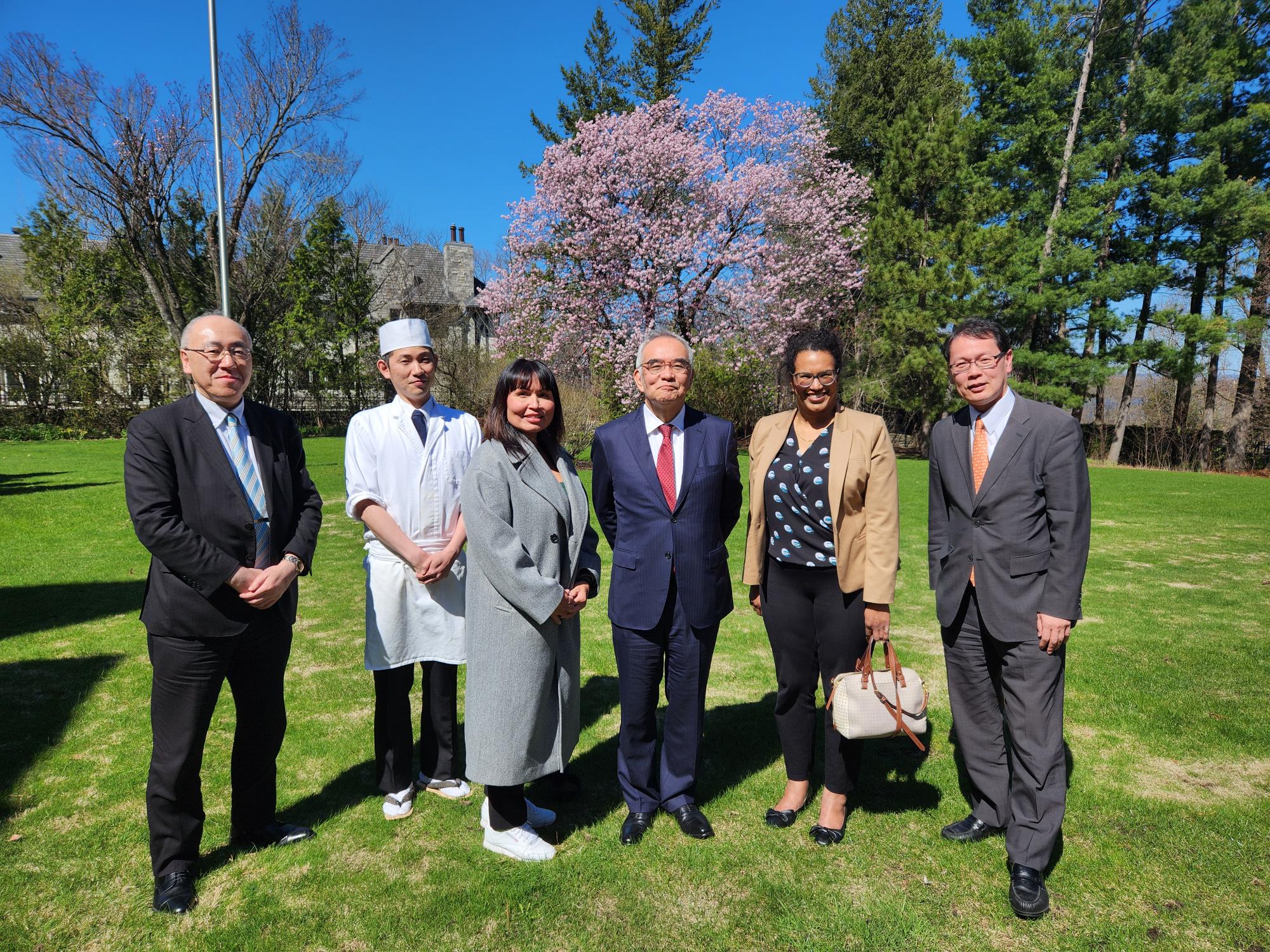Canada has a message for the world: partnerships between and with Indigenous nations and the energy industry are creating a new foundation for Canada to be a global energy security player.
It is an announcement our friends have been waiting for.
For Indo-Pacific nations heavily dependent on energy imports, energy security has long been a significant challenge. The conflict in Europe and risks to Taiwan heighten the imperative to diversify energy suppliers and ensure the ability to meet domestic needs. Energy is security in the fraught geopolitics of the region.
While much has been written about Canada’s competitive advantage as an energy provider to Asia, particularly of liquefied natural gas (LNG), given its abundance of clean resources, the shortest trade route on the transpacific, and close diplomatic ties, the question our allies have always asked, is “can Canada deliver?”
The question some in Canada ask is: “isn’t LNG passé?”
This September, I along-side leaders from First Nations and Indigenous organizations involved in LNG as well as their industry partners, will lead an energy security trade and dialogue mission to Tokyo, to provide answers to the first question.
But on a recent trip to the region, I received answers to the second question. Senior leaders from the Japanese Ministry of Economy, Trade and Industry (METI), the Institute of Energy Economics, Japan (IEEJ), the Canadian Chamber of Commerce in Japan, and others made three points clearly:

First, Japan needs LNG to meet its security goals. Today, the country imports roughly 90% of its primary energy to support the world’s fourth largest economy and a population of 125 million people. They are the second largest importer of LNG in the world after China, and like many other countries, continue to depend on Russia for energy. They are looking for new suppliers and are hoping Canada can be one of them.
Second, Japan needs LNG to transition away from coal. Today, close to 30% of Japan’s electricity comes from coal and while it continues to pursue all forms of energy, its geography limits its renewable energy potential. Moreover, Japan’s fleet of 50 nuclear reactors is currently operating at a small fraction of its capacity since the Fukushima disaster in 2011. While there is a desire to ramp up nuclear power use, LNG is seen as an important underpinning of low-emission energy security for the country.
Finally, supply chains matter. Asian customers are increasingly conscious of the emissions profile of the LNG they import, including midstream and upstream emissions. Natural gas producers in Canada have taken and continue to take significant steps to mitigate methane, integrate renewables, and electrify their operations. As B.C. Hydro ramps up its operations – more will be possible. We are head and shoulders above our international competitors.
All this is good news for projects like Cedar LNG, which announced a positive Final Investment Decision last month and is set to begin exporting to Asian markets in 2028. Strategically positioned to leverage B.C.’s abundant natural gas supply and BC electricity, the Haisla Nation-led LNG project is a low-carbon solution to global energy security needs for potential customers like Japan.
Notably, all major LNG projects in B.C. and associated pipeline infrastructure involve formal partnership or support from Indigenous nations, including environmental approval, benefit agreements and ownership stakes. Cedar LNG and Ksi Lisims LNG – led by the Haisla and Nisga’a Nations respectively – are examples of this new reality and the unique social, environmental, and economic reconciliation benefits that come from this type of innovation in project design and partnership.
Through events like the Canada-Japan Energy Security Mission, Indigenous nations are leading a pragmatic, solutions-focused conversation with global energy investors and customers on how B.C.’s LNG can be a foundation for international cooperation – creating a new path forward for governments and industry.
As we return to Japan in September our message will be clear: Canada is ready to deliver.

Shannon Joseph is the Chair of Energy for a Secure Future, a non-partisan civil society initiative that brings together Indigenous peoples, business leaders, organizations, and other Canadian experts in a new conversation about energy and building a secure future for Canada and our allies around the world.
